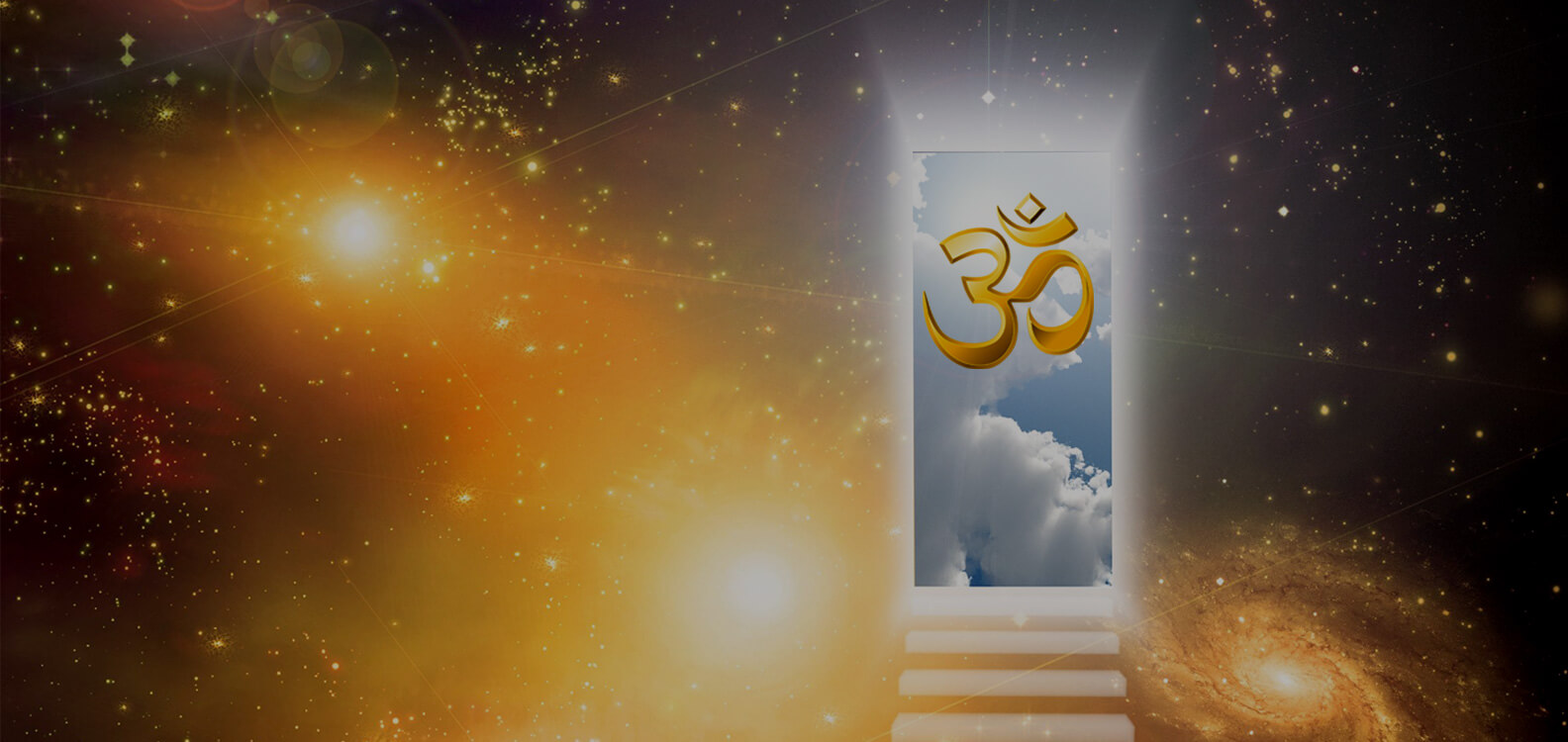Immortality, says Vedanta, is the very core of our personality. We are born with it and when we die we cannot leave it, that is to say, the essence of our personality can never disappear. What dies is a nonessential part of our being. Again, immortality does not mean merely the unhampered continuance of an inert existence like that of the primeval rocks or the vast ocean, etc.
Immortality, when referring to humanity, implies a conscious existence which has no beginning and no end. It is not a state of darkness and inactivity but of profound illumination and awareness. Immortality also includes infinite freedom. It is freedom not only from death but from all possible limitations, physical and mental—from all sins and all sufferings. Finally, immortality is joy—the joy of fulfillment. Our immortal Self, says Vedanta, is the essence of uncaused, unalloyed, unmitigated blessedness—“peace that passeth all understanding.” This blessedness implies again all-embracing love. “The immortal Self is sweetness,” says the Taittiriya Upanishad.
If such is the richness of the Vedantic notion of the immortality of our Self, and if, as Vedanta declares, it is not a poetical fancy but an accomplished fact only awaiting our discovery, then surely it is a value worth seeking for in right earnest. But let us not forget that it is not to be earned bit by bit. It is a question of finding what we already own—a case of taking possession of a forgotten legacy. Knowledge of our immortal Self need not be looked upon either as an exclusively religious pursuit or a special business for the philosopher. The Self is the common basic element of all people. It’s discovery and the consequent benefits are open to anyone ready to devote time and energy for the task.

